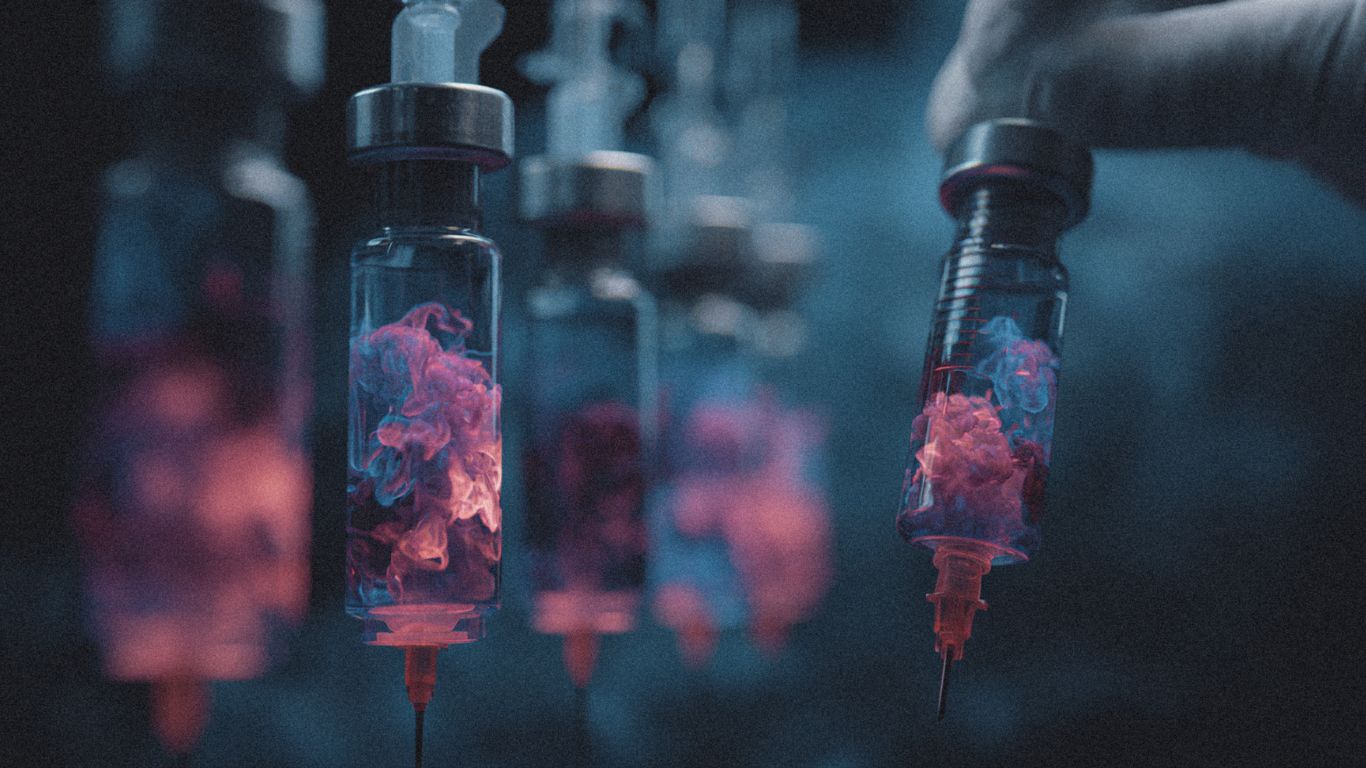Merck just scored FDA approval for Keytruda QLEX, a subcutaneous formulation of pembrolizumab that can be administered in 1-2 minutes instead of a 30-minute IV infusion. On the surface, this looks like a pure patient convenience play. But there’s a deeper strategic angle here.
With Keytruda’s U.S. patent expiring in 2028, Merck is essentially building a moat around their blockbuster drug. By shifting 30-40% of patients to the subcutaneous version within two years, they’re creating a differentiated offering that won’t face immediate biosimilar competition.
This follows a playbook we’ve seen before. Roche has Tecentriq Hybryza, and Bristol Myers has Opdivo Qvantig. All three companies are betting that subcutaneous convenience will help them defend market share in the post-patent cliff world.
From a clinical operations perspective, this is genuinely valuable. Oncology clinics are stretched thin, and anything that reduces chair time while maintaining efficacy is welcome. But make no mistake, this is also about protecting billions in revenue from the biosimilar wave that’s coming.



